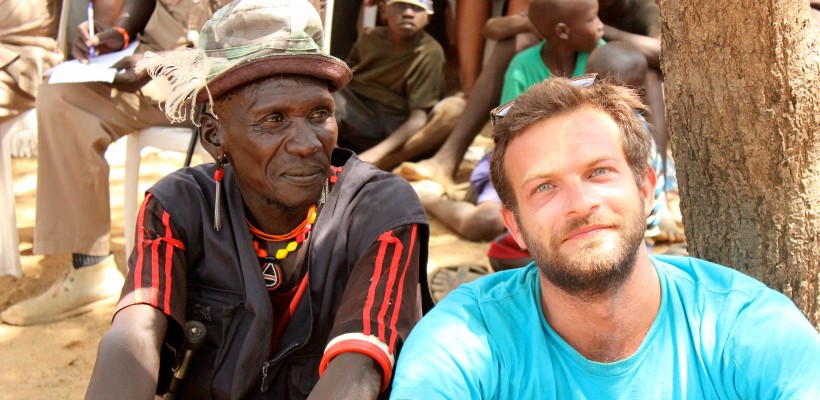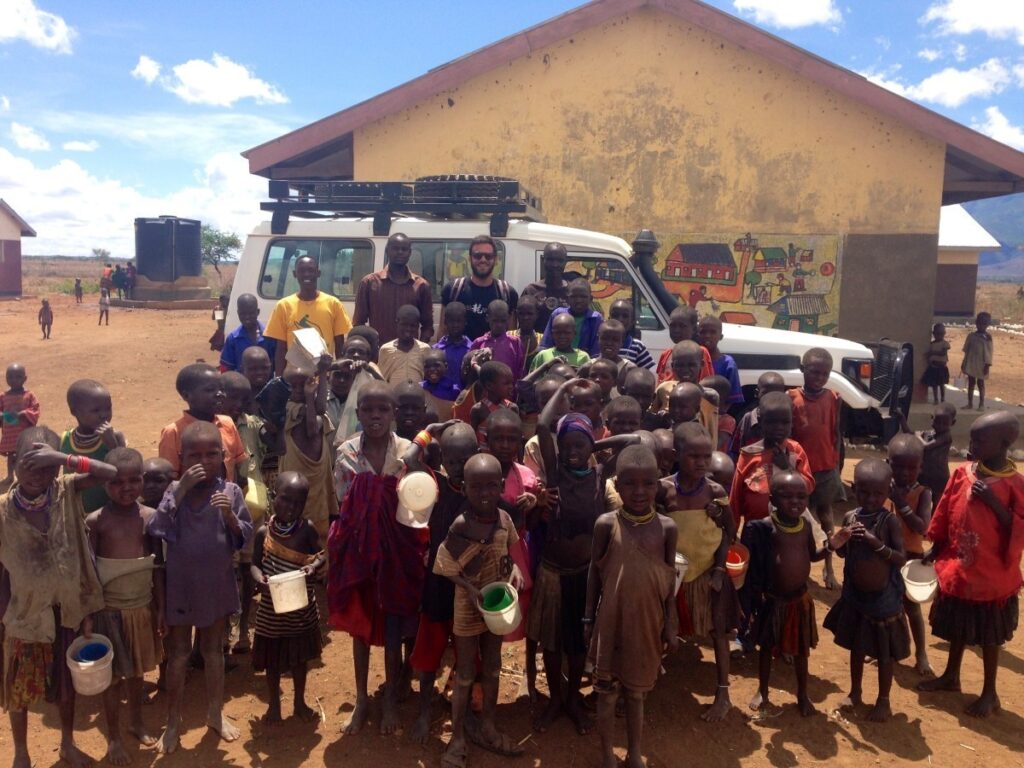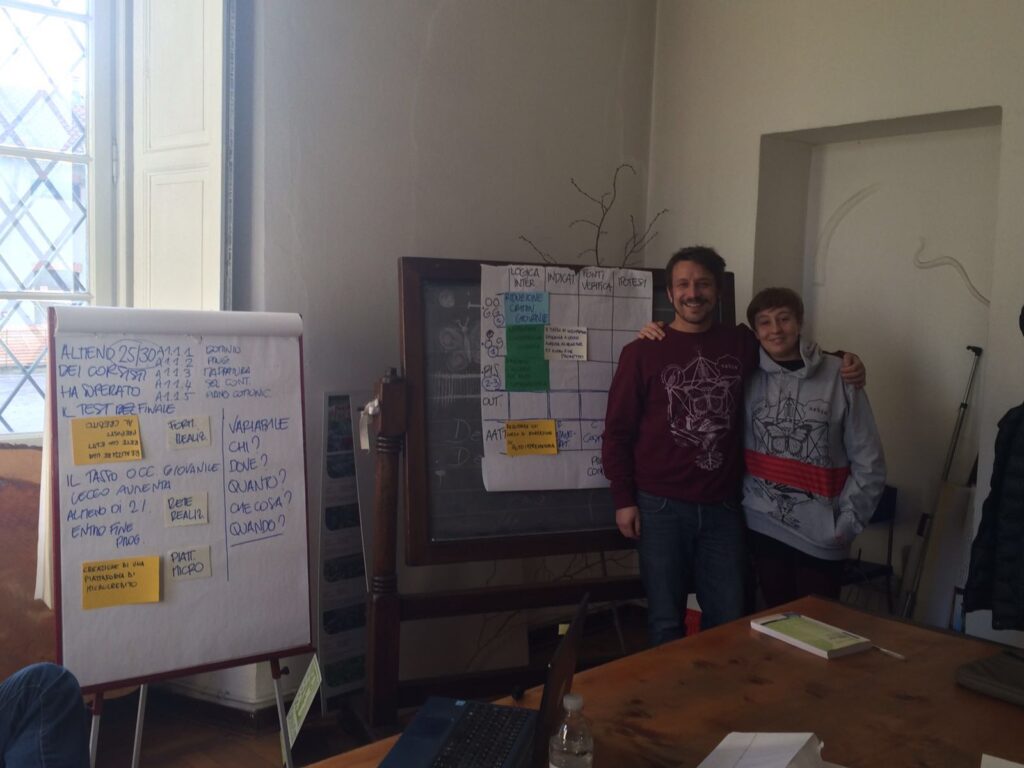I have been part of “Amiciad” Onlus, for the last 6 years, in association with headquarters in Italy that supports projects in the south of Chad, that is located at the border with Central Africa, more precisely in the Koumra Prefecture. During that period, I alternated my job as a Social Worker with trips to Africa, on behalf of the Association.
It is known that Chad, is the third last poorest country of the world, with major problems related to illness, malnutrition and recently, also political instability. Despite having a rich natural resource heritage (diamonds, petroleum, and fertile grounds), it mainly survives on a subsistence economy. Education rates are also very low (data provided by Unicef, 2015).
Promoting schooling and supporting the evolution of agricultural entrepreneurship by means of cooperative modalities, was the scope of our work. During that time, my role became more assiduous and important. Fully aware that I did not have the necessary tools needed to adequately perform the mandate, in 2014, I then chose to start the Social Change School’s Master PMC- in Project Management for International Cooperation and Local Development, thatI completed in May 2015.
The acquired training on one side, allowed me to challenge the Association to redefine its internal organisation by clearing the duties, scopes and operative modalities, and on the other side, it fundamentally changed my approach, on how to see and foresee as a professional.
This year, after obtaining two important funds and an instituted alliance with local stakeholders, I followed up on the start-ups and progressive consolidated the of activities of creation, production and commerce of agricultural products in the fields managed by a local cooperative on behalf of the Diocese.
Working on the field requires a lot of flexibility, interpersonal skills and mediation, because the changes and contingencies are continuous. If the objectives are clear, previously defined and structured in such a way that the effects can be evaluated, both from an economical point of view and from the social impact one, and shared with the local actors, it is then possible to follow a development process that, once consolidated, becomes the ignition for further subsequent attainable change.




